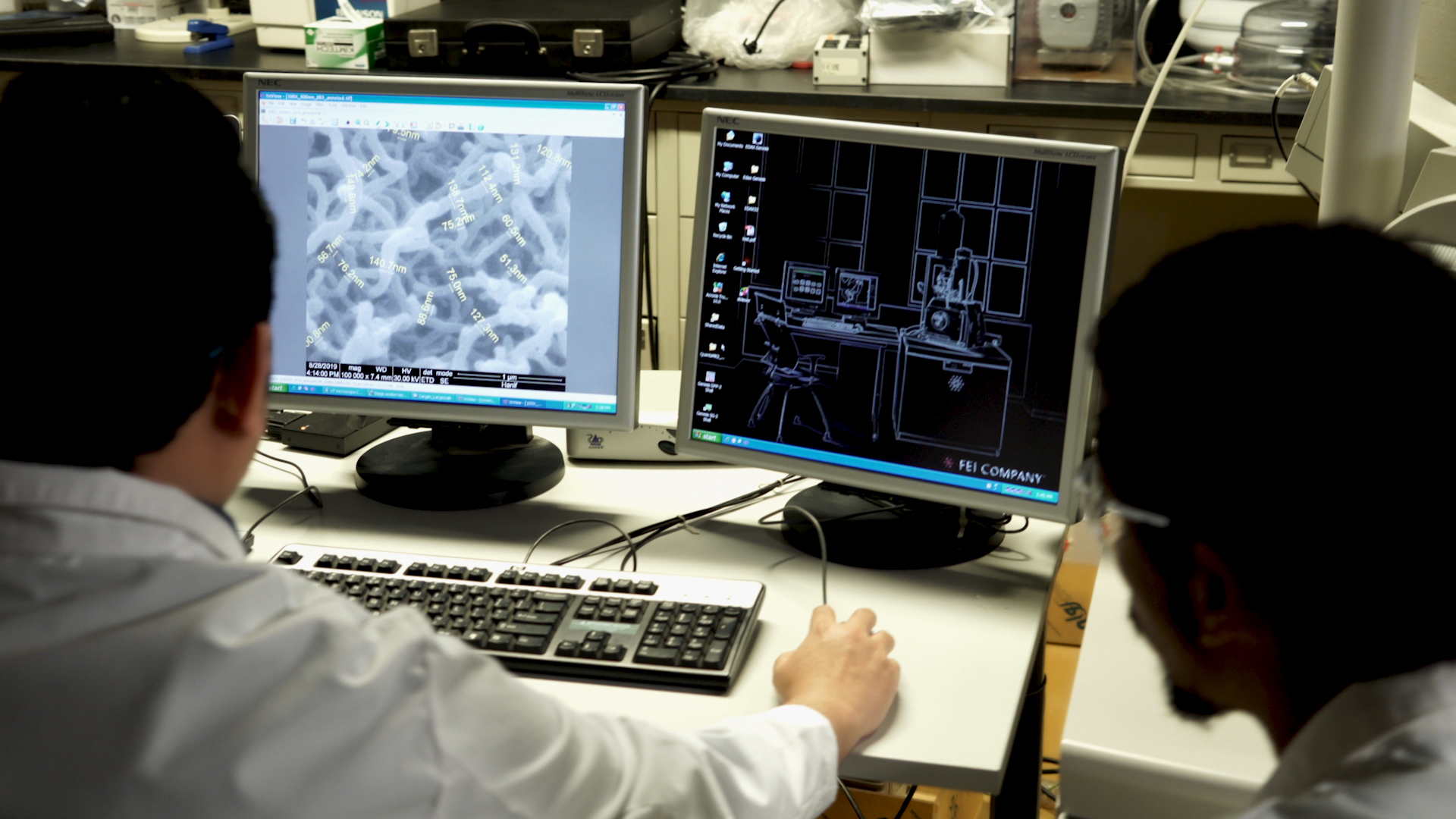
Qatar is one of the world’s top producers of natural gas — and unfortunately, the carbon dioxide that comes with processing the natural resource into usable products. But a novel process developed by Texas A&M University at Qatar researchers could help Qatar process its wealth of natural gas while reducing the country’s carbon footprint.
Developed in Qatar, the CARGEN reactor technology was conceived and designed by Professor Nimir O. Elbashir and his research team at Texas A&M’s Qatar campus in collaboration with Professor Mahmoud M. El-Halwagi and his co-worker Dr. Debalina Sengupta from the Artie McFerrin Department of Chemical Engineering at Texas A&M’s main campus in College Station, Texas (USA). This technology is believed to be the first of its kind that processes natural gas (methane) and captured carbon dioxide (CO2) to produce both syngas, a valuable precursor to numerous hydrocarbon feedstocks that drive Qatar’s economy, and high-quality solid carbon nanotubes (CNTs). And unlike conventional processes, all without releasing more CO2 into the atmosphere.
Elbashir’s research focuses on converting natural gas into valuable hydrocarbon products, including ultraclean fuels or useful chemicals, in a process called gas-to-liquid conversion, or GTL. A major drawback of GTL processing is that it produces a lot of CO2, which increases Qatar’s carbon footprint and has led to the tiny country being named the world’s leading producer of CO2 per capita.
Under the umbrella of the Texas A&M Engineering Experiment Station (TEES) Gas and Fuels Research Center (GFRC) headquartered at the Qatar campus, Elbashir and researchers at both campuses have focused on how to reduce CO2 emissions and reduce Qatar’s carbon footprint. Elbashir directs the GFRC, one of the largest TEES research centers and a major initiative, bringing together 32 multidisciplinary scientists and professors from Texas A&M’s campuses in Texas and Qatar, all working in the same area but from different angles to speed up technology development in natural gas processing.
For further information:
https://tees.tamu.edu/news/2019/10/09/researchers-develop-a-natural-gas-processing-technology-that-could-reduce-co2-emissions/
https://www.qatar.tamu.edu/news-and-events/news/2019/10/08/researchers-develop-gas-processing-technology-to-reduce-carbon-footprint/
